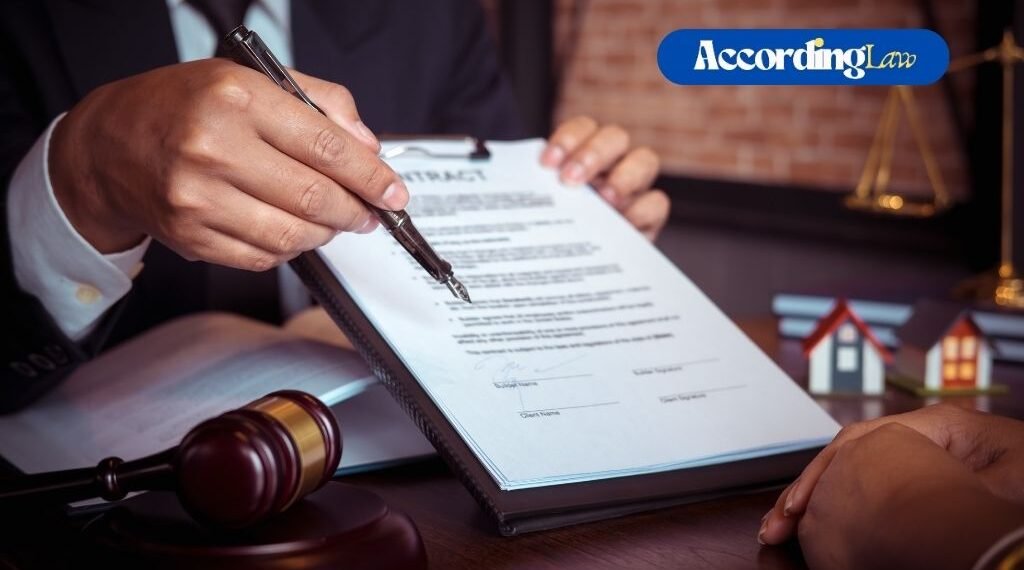The North Carolina Department of Public Safety reports that there are about 15,485 juveniles and 40,433 complaints received in 2024. Of these, the juvenile justice system had a delinquency rate of 28.3 per 1,000 people statewide.
Going through juvenile court is a hassle for you and your family. Bad things could happen, and they could have a big effect on your child. Not only is it smart to have a juvenile delinquency defense attorney, it is a must.
They are professionals who know the juvenile justice system well and can work it for your benefit. But how do delinquency lawyers shape fair treatment and the best-case scenario possible for a child?
Table of Contents
Understanding the Juvenile Justice System
The juvenile justice system needs to be understood by any parent or guardian before addressing any legal issue affecting children.
According to the law firm website, Crowbar Law LLC, a juvenile can be charged with two kinds of crimes: status offenses and delinquent offenses. The sole distinction between these two types of crimes lies in the identification of the offender. Delinquent offenses are crimes that can be committed by anyone, no matter how old they are. A status offense is only a crime if a minor does it.
In contrast to adult courts, the juvenile courts were originally established to treat rather than to punish. Treatment in these courts might have involved doing some counseling, community service, or probation instead of incarceration.
There are some rules and procedures that differ from adult ones, which might confuse you a little bit. Depending on these, the child’s age, seriousness of the offense, previous history, and some others will be the deciding factors.
The Role of a Delinquency Attorney
In matters of the juvenile justice system, having a delinquency attorney at your side is key. They take you through the steps in the protection of your understanding of the procedure.
Your lawyer will conduct an investigation, gather evidence, and interview witnesses in defense of your child. They may determine potential weaknesses in the prosecution’s case and utilize them to your benefit.
Negotiations for the reduction of charges or alternative sentences, seeking rehabilitation rather than punishment, will be held by your legal counsel.
A delinquency attorney stands firm and leads the way with confidence through the legal system when matters become challenging.
Protecting Your Child’s Rights
The child’s rights should always be prioritized to ensure fair treatment by the juvenile justice system. A delinquency attorney understands these matters and will act in the child’s best interest.
They will assist the parent in managing the legal process, ensuring that the child’s fundamental rights are protected at all stages against unlawful searches and seizures, to their right to silence, and to be represented fairly by counsel.
The attorney will also help you understand the charges and the possible consequences of those charges, thus equipping you to make a decision. With an attorney on their side, you’ll be free to devote energy toward supporting your child while trusting an expert to defend their rights.
Exploring Alternatives to Detention
Detention alternatives can give the child an environment in which they can grow and be rehabilitated. Community service, counseling, and mentoring programs are life skills through which children can be taught and given role models.
Restorative justice programs attempt to bring about restoration of harm and accountability to have the child understand how their act has affected another. Home detention or electronic monitoring may also be considered to provide a nurturing environment while the child pays for their offense.
These alternatives allow kids to grow through their experiences, maintaining a strong bond with their community and support system. The attorney will guide you on the perfect alternative suitable for your child’s unique circumstances.
How to Handle Court Procedures Well
To any parent of juveniles charged with a delinquency offense, the court procedures would seem overwhelming. There are multiple steps, from an initial hearing to a trial. Having an idea of the steps would allow you to represent your child effectively.
Know how the court operates and the profiles of the judge, the attorney, and the probation officer. The attorney will hand along all the steps in the process and will explain all of the legal jargon. They can also assist you with filling in legal papers.
Your lawyer will keep you informed about what is going on and will prepare you for court appearances. Keep in good contact with your lawyer since strategies shall be developed together for your child in their specific circumstance.
Organization and information will serve you well in this difficult journey.


